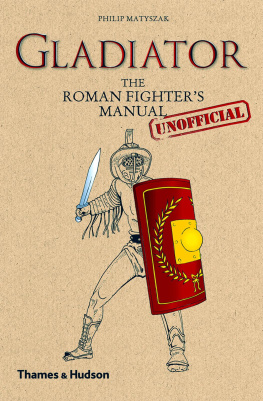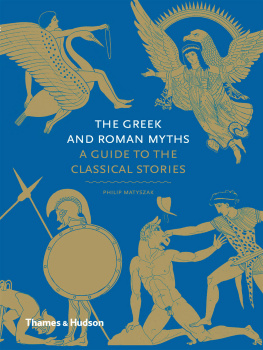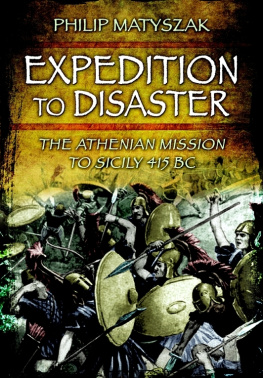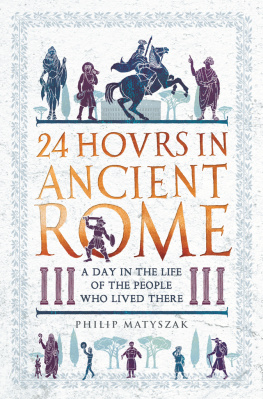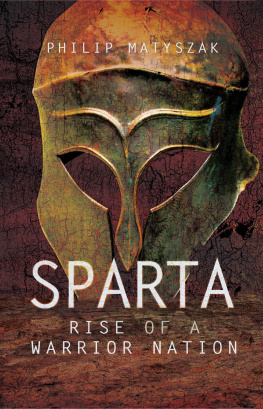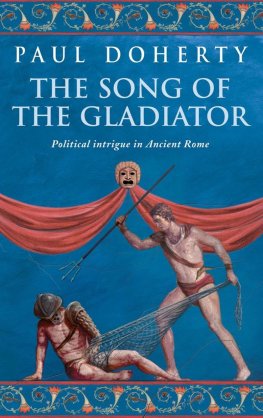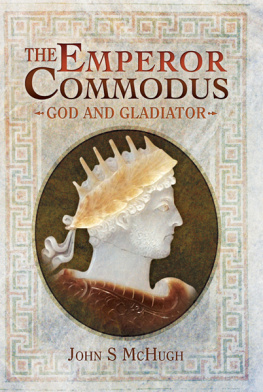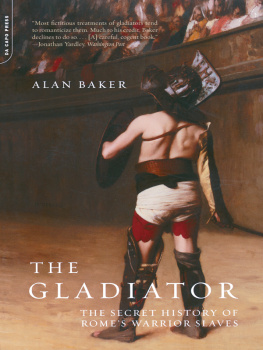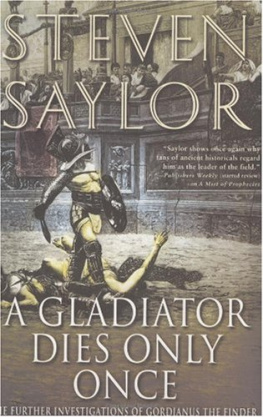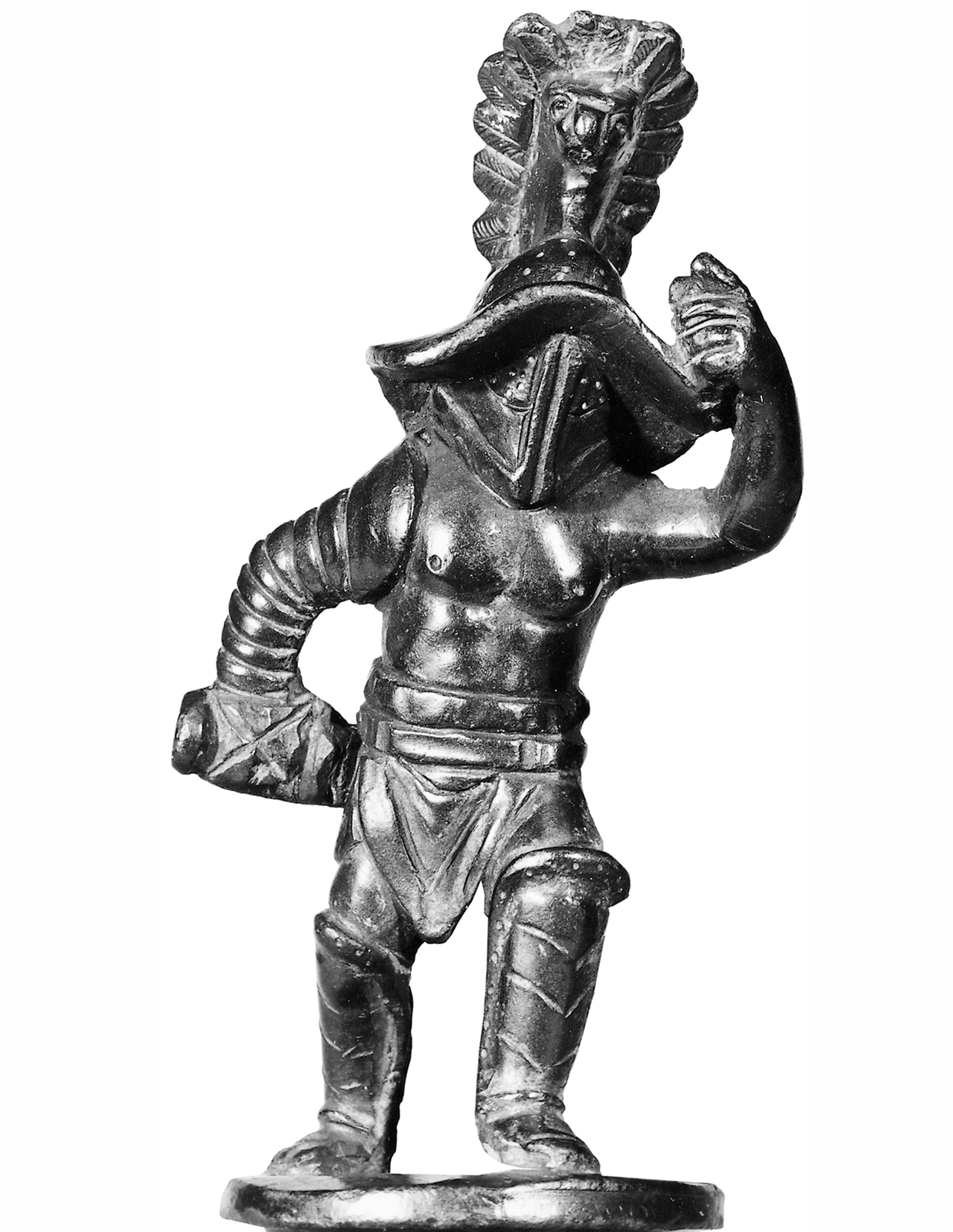
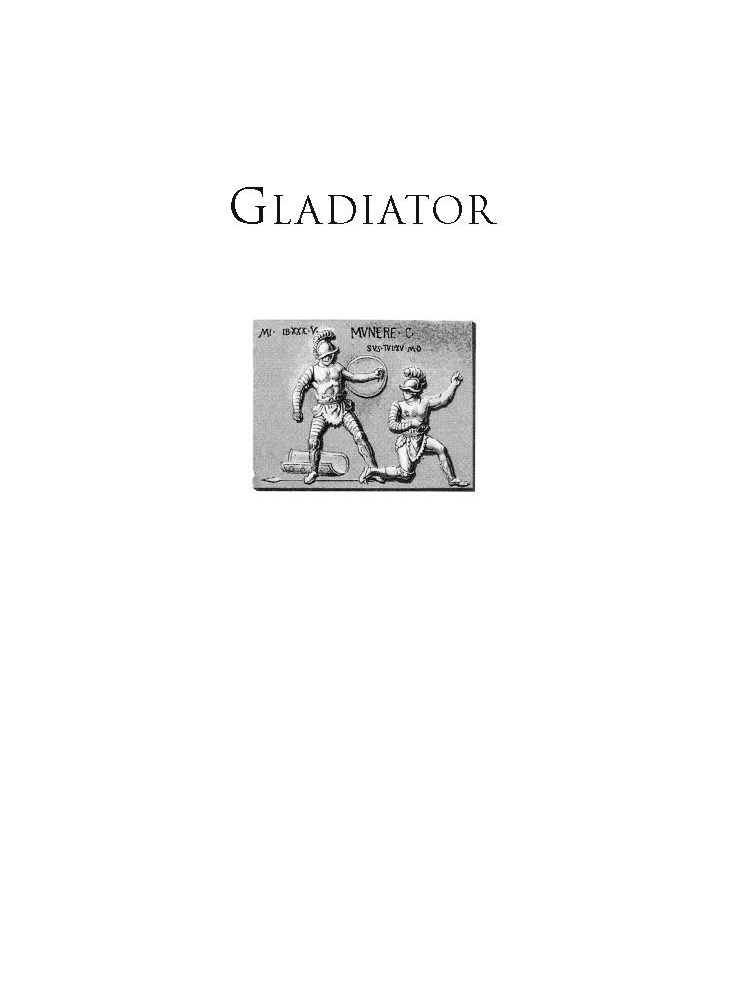
As ever, my deepest thanks and gratitude to all those who have generously given of their time and expertise on this project. The RMRS (Roman Military Research Society) gave me useful pointers on armour and swordplay and the Britannia reenactment group supplied pictures of their fighters in action. But none were more helpful than the gladiators of Ludus Nemesis, particularly the awesomely knowledgeable Svenja Grosser (a.k.a Medusa) and her team. Adrian Goldsworthy read the text and provided sources for some of the quotes given, and the library at the University of British Columbia helpfully allowed me to take up residence while tracking down the rest. A final note of thanks to the medical practitioner (anonymous by his request) who did not turn me in to the authorities after being questioned in detail about how and where to best stab someone with an eighteen-inch sword.
Baker, A.,The Gladiator: The Secret History of Romes Warrior Slaves, Ebury Press, London 2002
Barton, C. A.,The Sorrows of the Ancient Romans: The Gladiator and the Monster, Princeton University Press, Princeton 1993.
Beacham, R.C.,Spectacle: Entertainments of Early Imperial Rome, Yale University Press, New Haven 1999
Carter, M., Gladiatorial Ranking and the SC de Pretiis Gladiatorum Minuendis (CIL II 6278 = ILS 5163), Phoenix, 57, no. 1/2, 2003, pp 8314
Coleman, K., Fatal charades: Roman executions staged as mythological enactments, The Journal of Roman Studies, 80 (1990), 4473
Futrell, A.,Blood in the Arena: The Spectacle of Roman Power, University of Texas Press, Austin 1997
Grant, M.,Gladiators, Delacorte Press, New York 1967
Khne, E. and Ewigleben, C., eds, Gladiators and Caesars: The Power of Spectacle in Ancient Rome, British Museum Press, London and University of California Press, Berkeley 2000
Kyle, D.G.,Spectacles of Death in Ancient Rome, Routledge, London and New York 1998
Junkelmann, M.,Das Spiel mit dem Tod, Philipp von Zabern, Mainz 2000
Matthews, R.,Age of the Gladiators: Savagery and Spectacle in Ancient Rome, Arcturus, London 2003
Matyszak, P.,Ancient Rome on Five Denarii a Day, Thames & Hudson, London and New York 2007
Meijer, F.,The Gladiators: Historys Most Deadly Sport, Thomas Dunne Books, New York and Souvenir, London 2005
Nosov, K.,Gladiator: Romes Bloody Spectacle, Osprey, Oxford and New York 2009
Poliakoff, M.B.,Combat Sports in the Ancient World: Competition, Violence and Culture, Yale University Press, New Haven 1987
Shadrake, S.,The World of the Gladiator, Tempus, Stroud 2005
Wiedemann, T.,Emperors and Gladiators, Routledge, London 1992
Wisdom, S. and McBride, A.,Gladiator 100 BC AD 200, Osprey, Oxford 2001
Websites
http://www.ludus-nemesis.eu/en/index.html
The website of gladiators Medusa, Cerberus and friends, who appear in these pages.
http://www.romanarmytalk.com/rat/viewforum.php?f=12
The definitive web forum for discussing ancient combat sports.
http://www.unrv.com/culture/gladiator.php
A good summary of gladiators; other forums on this website discuss all aspects of Roman life and culture. (Where the author hangs out after hours.)
http://depthome.brooklyn.cuny.edu/classics/gladiatr/
Another look at gladiators, from a US academic perspective.
About the Author
Philip Matyszak has a doctorate in Roman history from St Johns College, Oxford, and is the author of Chronicle of the Roman Republic, The Enemies of Rome, The Sons of Caesar, Ancient Rome on Five Denarii a Day, Legionary: The Roman Soldiers (Unofficial) Manual and The Greek and Roman Myths, all published by Thames & Hudson. He teaches an e-learning course in Ancient History for the Institute of Continuing Education at Cambridge University.
If anyone can do it, believe that you can too.
MARCUS AURELIUS MEDITATIONS 6.19
Welcome to the world of the gladiator, a strange world full of contradictions. This is where the dishonoured learn to live and die with honour. Here, the artist is as despised as his art is respected; and in turn many gladiators scorn the spectators at the arena, but yet are dying sometimes literally to entertain them. This manual will take the reader from the first faltering steps over the threshold of gladiator school, and through training to become a man of the sword (which is what gladiator literally means). Then on to mastery of the arcane art of arena combat who knows, perhaps in the presence of the emperor himself and finally to retirement, though this last chapter may be redundant for some.
For the right kind of person the arena offers riches, fame and personal redemption, and even the wrong kind of person gets the chance of an honourable death. And anyone considering a gladiatorial career is probably well aware that worse things can happen. In fact many gladiators choose the profession precisely because those worse things would otherwise happen to them in the near future.
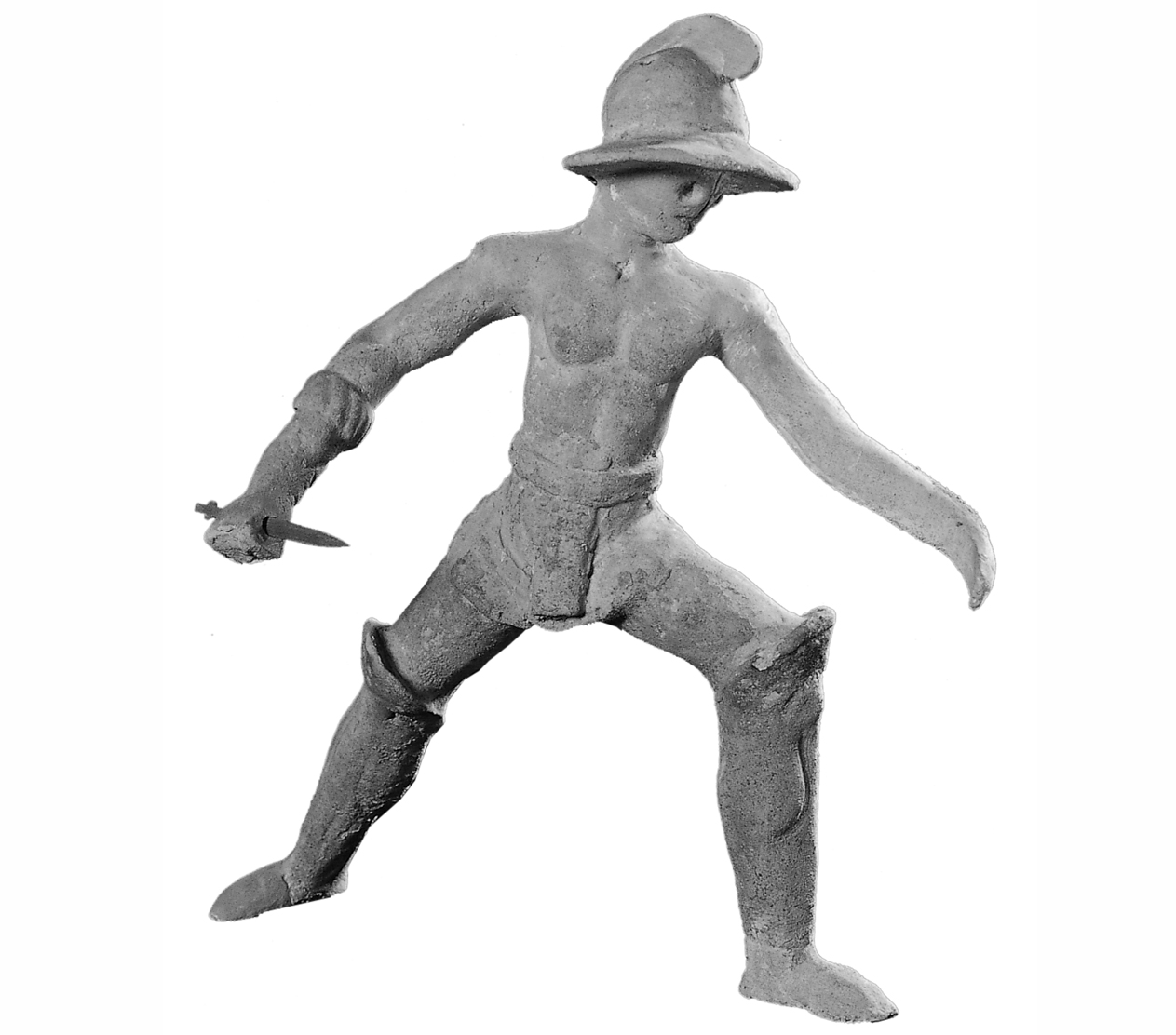
Picture yourself under this helmet. Yes you too can become a gladiator of Rome and fight in the arena! All it takes is hard work, training and a lot of bad luck. (Museo Archeologico Nazionale, Taranto)
On the bright side, there has never been a better time to be a gladiator. For centuries, gladiatorial bouts have steadily become more popular, and the crowds ever larger and more enthusiastic. In this year, AD 180, the emperor Marcus Aurelius of blessed memory has just passed away and his son and successor Commodus is well known to be mad about gladiators. (Or perhaps just mad, but thats not the point.) The important thing is that gladiatorial combat is about to enter a golden age, and someone with the appropriate qualifications can be right at the cutting edge of developments. Cast aside your doubts, for fame and fortune await!
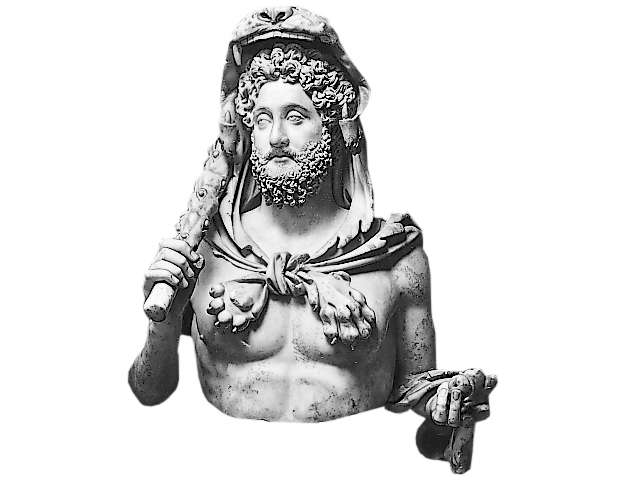
Romes new emperor dressed to go clubbing. As his un-imperial attire shows, Commodus is a fan of Hercules and of violent combat sports in general. (Musei Capitolini, Rome)
A job like no other
The nice thing about becoming a gladiator is that you are no longer alone in a harsh, uncaring world. Not only are there now people who care whether you live or die, but they care intensely, and often stake large amounts of money on one of these two outcomes.
By definition the gladiator is a misfit, an outcast for one reason or another rejected by Roman society. Life for those excluded from the benefits of Roman civilization can be rough. So while the glamour of the arena draws some to a gladiatorial career, most are motivated by desperation, and the lack of any viable alternative. By and large, a gladiator is someone who has taken the job after running through several other careers, possibly including bandit, beggar, mugger, cattle rustler or failed professional gambler. Once the authorities close in, a mid-career switch to becoming a gladiator can be the chance of a lifetime, albeit in the sense that it is the only chance of still having a lifetime. The Romans do not believe in rehabilitation in the community, and becoming a gladiator is often the best of some truly terrible options.
Next page
